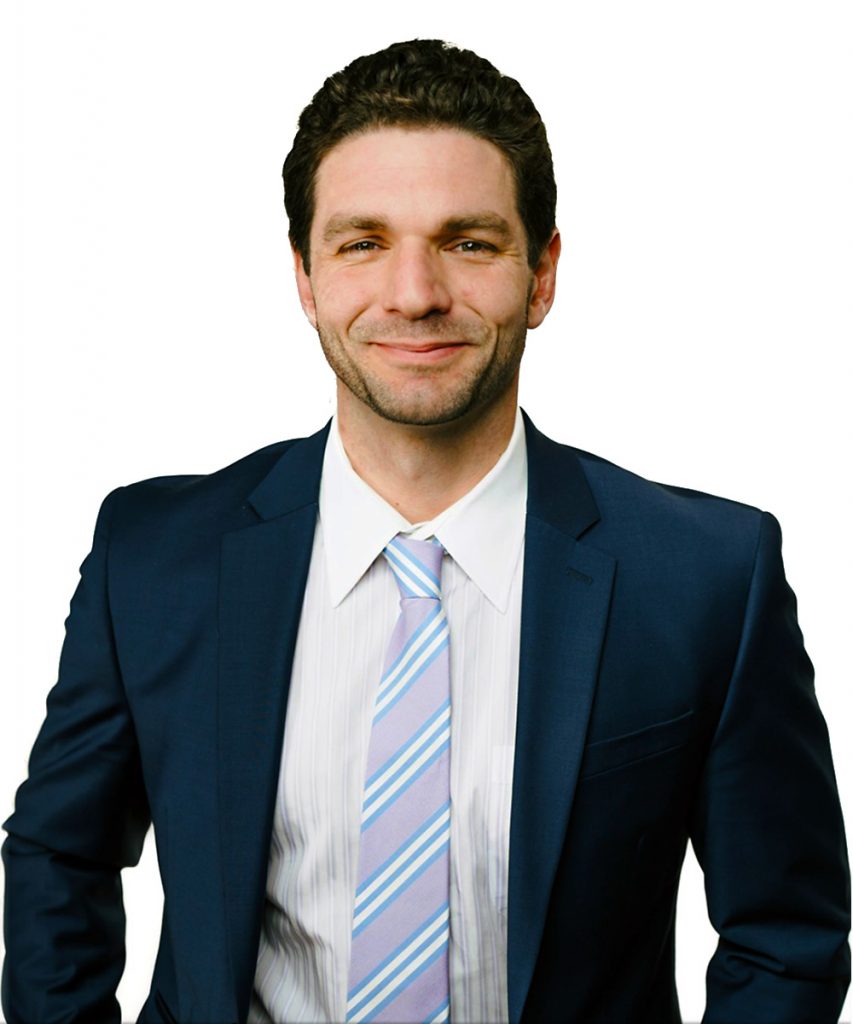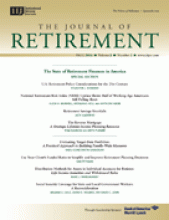Are you interested in learning more about reverse mortgages? This video from American Advisors Group (AAG) describes what a reverse mortgage is and how it can be beneficial to you or a loved one.
Tag Archives: Retirement
How to Recession-proof Your Retirement Have a Mortgage and are age 62+? Consider a Reverse Mortgage
February 16, 2020
Economists Are Gloomy!? Many feel a recession is coming.
Wharton Business School’s Olivia S Mitchell recently addressed the challenges of retirement, especially for retirees. Key steps: First, “try to put together a summary budget” and “make sure you have an emergency fund.”
Academy member Tom Davison discusses the benefits of reverse mortgages for retirees and the various ways they are beneficial for consumers.
Find the full article here.
Reverse Mortgages Can Help House-Rich Seniors Free Up Cash for Retirement. Here’s How They Work.
By Neal Templin on Dec. 14, 2019
Looking to free up $4 million to fund your retirement or pay off your mortgage?
If you’re a senior with serious digs in places like California or the New York City area or other markets where many homeowners are house-rich and cash-poor, you might be able to secure such funds with only your home. The market for jumbo reverse mortgages has come back to life.
Reverse mortgages, in which retirees tap the equity in their homes through mortgages that don’t have to be paid as long as they live there, were long regarded as a last resort. Then financial experts began publishing research several years ago showing that the strategic use of reverse mortgages could help retirement portfolios better survive down markets or delay the claiming of Social Security benefits.
You may find the full article here.
“Live Well Without Running Out of Money in Retirement”
By Eileen Ambrose and Sandra Block on August 29, 2019

“These money-generating tactics will help retirement savers enjoy their Golden Years without stressing over cash.”
Check out this article with the Academy’s very own Shelley Giordano here!
Exploring the Retirement Consumption Puzzle
by David Blanchett, CFP®, CFA

Wanting to learn more about consumer spending in retirement? This article discusses the following topics:
- Empirical research on retiree spending has noted a “retirement consumption puzzle,” where retiree expenditures tend to decrease both upon and during retirement. This decrease in spending is inconsistent with general economic theories on consumption, which suggest individuals seek to maintain constant consumption over their lifetimes.
- Government data on consumption was analyzed in this study to understand how retiree consumption actually changes over time.
- The results of the analysis suggest that although the retiree consumption basket is likely to increase at a rate that is faster than general inflation, actual retiree spending tends to decline in retirement in real terms. This decrease in real consumption averages approximately 1 percent per year during retirement.
- A “retirement spending smile” effect is noted. This finding has important implications when estimating retirement withdrawal rates and determining optimal spending strategies.
What’s the Deal With Reverse Mortgages? Second Edition by Shelley Giordano, MA
As we enter retirements, the change in lifestyle is an inevitable challenge for almost every retirees. How can you preserve your lifestyle without steady income streams? How to utilize your existed assets to support your retirement? To answer these questions and offer more advice, Shelley Giordano launched “What’s The Deal With Reverse Mortgages” second edition on Kindle. Learn more about the retirement assets folks don’t know they have.

Propriety Reverse Mortgage Products Could Eclipse FHA’s HECM Program in 2019
Written by Jamie Hopkins on July 2, 2019

The reverse mortgage market world heads in reverse away from the government created Home Equity Conversion Mortgage (HECM) and towards new propriety products. This is an encouraging sign because any healthy market needs competition, innovation, and variety. However, recently HECM program has been the driving force behind the reverse mortgage world, leaving many without an ideal solution to utilizing home equity as part of a sustainable retirement plan.
The article can be found here.
Cracking the Retirement Code with Curtis Cloke

Webinar with NAIFA and Curtis Cloke on July 18, 2019.
Join Curtis Cloke, Academy of Home Equity member and award-winning international speaker, educator and author for this exciting event focusing on methods to secure income in retirement! This webinar is put on by NAIFA – Iowa.
This webinar can be found here.
Why The Announcement Of The Academy Of Home Equity Is Such An Important Development
By Jamie Hopkins, Esq., LLM, MBA, CFP®, RICP® on June 20, 2019
When it comes to retirement planning, discussions about downsizing, refinancing, making renovations to the home to support aging and reverse mortgages are ignored in most financials plans. This void is shocking since home equity is typically the largest asset that most Americans have as they near and enter retirement.
This gap in planning is why a new development at the University of Illinois Champaign-Urbana is so important. A group of researchers, thought leaders, planners, and industry experts, formerly of the Funding Longevity Task Force, have just joined Dr. Craig Lemoine at the University of Illinois Financial Planning Program. In the past, the group consisted of independent researchers, including myself, which is important to note as I discuss the new organization. The team formerly tested retirement income strategies and the role of home equity in financial plans. While much of the group’s research then focused on reverse mortgages, the academy is committed to investigate a broader study of home equity and retirement security.
For full article, click here.

Jamie Hopkins, Esq., LLM, MBA, CFP®, RICP®, is the Director of Retirement Research at Carson Wealth and a former professor of Taxation at The American College, where he helped co-create the Retirement Income Certified Professional® (RICP®) education program. Jamie strives to increase the retirement income security of Americans by delivering practical and trusted retirement research and education. His most recent book, “Rewirement: Rewiring The Way You Think About Retirement,” details the behavioral finance issues that hold people back from a more financially secure retirement. He has been selected by InvestmentNews as one of the top 40 financial service professionals under the age of 40 and was also selected by The American Bar Association as one of the top 40 Young Attorneys in the country. In 2017, Trusts & Estates Journal awarded Professor Hopkins the Distinguished Author Award for his article on the Department of Labor Fiduciary Rule. He holds his LLM in Taxation from Temple University School of Law and his J.D. from Villanova University School of Law.
The Reverse Mortgage: A Strategic Lifetime Income Planning Resource
Tom Davison and Keith Turner
The Journal of Retirement Fall 2015, 3 (2) 61-79; DOI: https://doi.org/10.3905/jor.2015.3.2.061

There is little doubt that many older Americans are not well prepared financially. The reverse mortgage is a financial instrument that can brighten their financial prospects and reduce the chances of an old age in financial straits. This article explains how reverse mortgages work. Recent research shows that strategically combining reverse mortgages and investment portfolios can significantly boost sustainable retirement income. Moreover, in the last three years the regulatory framework has been revised to develop further the market for these instruments. Reverse mortgages are increasingly recognized as a valuable financial planning tool. They are now seen as well suited for retirees—not only underfunded homeowners who turn to a reverse mortgage as a last resort, but also those who enter retirement well-funded.
To view the full article, click here.


